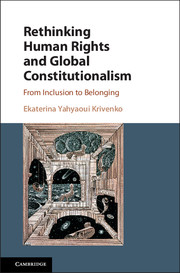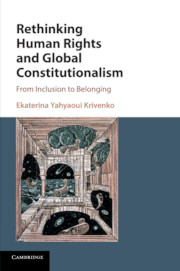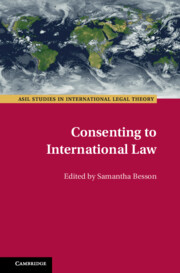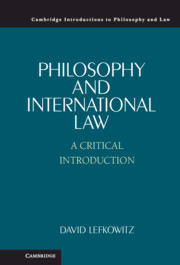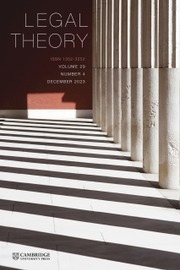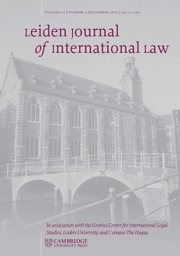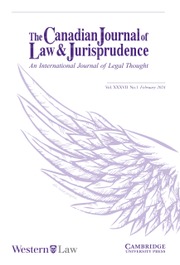Space and Fates of International Law
The book offers the first analysis of the influence exercised by the concept of space on the emergence and continuing operation of international law. By adopting a historical perspective and analysing work of two central early modern thinkers – Leibniz and Hobbes – it offers a significant addition to a limited range of resources on early modern history of international law. The book traces links between concepts of space, universality, human cognition, law, and international law in these two early modern thinkers in a comparative fashion. Through this analysis, the book demonstrates the dependency of the contemporary international law on the Hobbesian concept of space. Although some Leibnizian elements continue to operate, they are distorted. This continuing operation of Leibnizian elements is explained by the inability of international law, which is based on the Hobbesian concept of space, to ensure universality of its normative foundation.�
- Introduces the concept of space as a central explanatory feature of the shape and structure of international law, showing how the distinct concept influenced international law
- Fills a gap in the early modern history of international law and includes analysis of works of two major early modern thinkers – Leibniz and Hobbes – on issues related to the development of international law
- Offers novel insights into spatial justice and international law focusing on the concept of space, not derivative spatial concepts, and suggests a new framework for dealing with spatial justice in international law
Product details
September 2020Hardback
9781108488754
216 pages
235 × 160 × 15 mm
0.5kg
Available
Table of Contents
- 1. Introduction
- 2. Science and Law in the Seventeenth Century
- 3. Space
- 4. The Idea of Universals and Human Cognition
- 4. Law
- 5. Intermezzo
- 6. Space(s) of International Law
- 7. Conclusions and Way Forward


